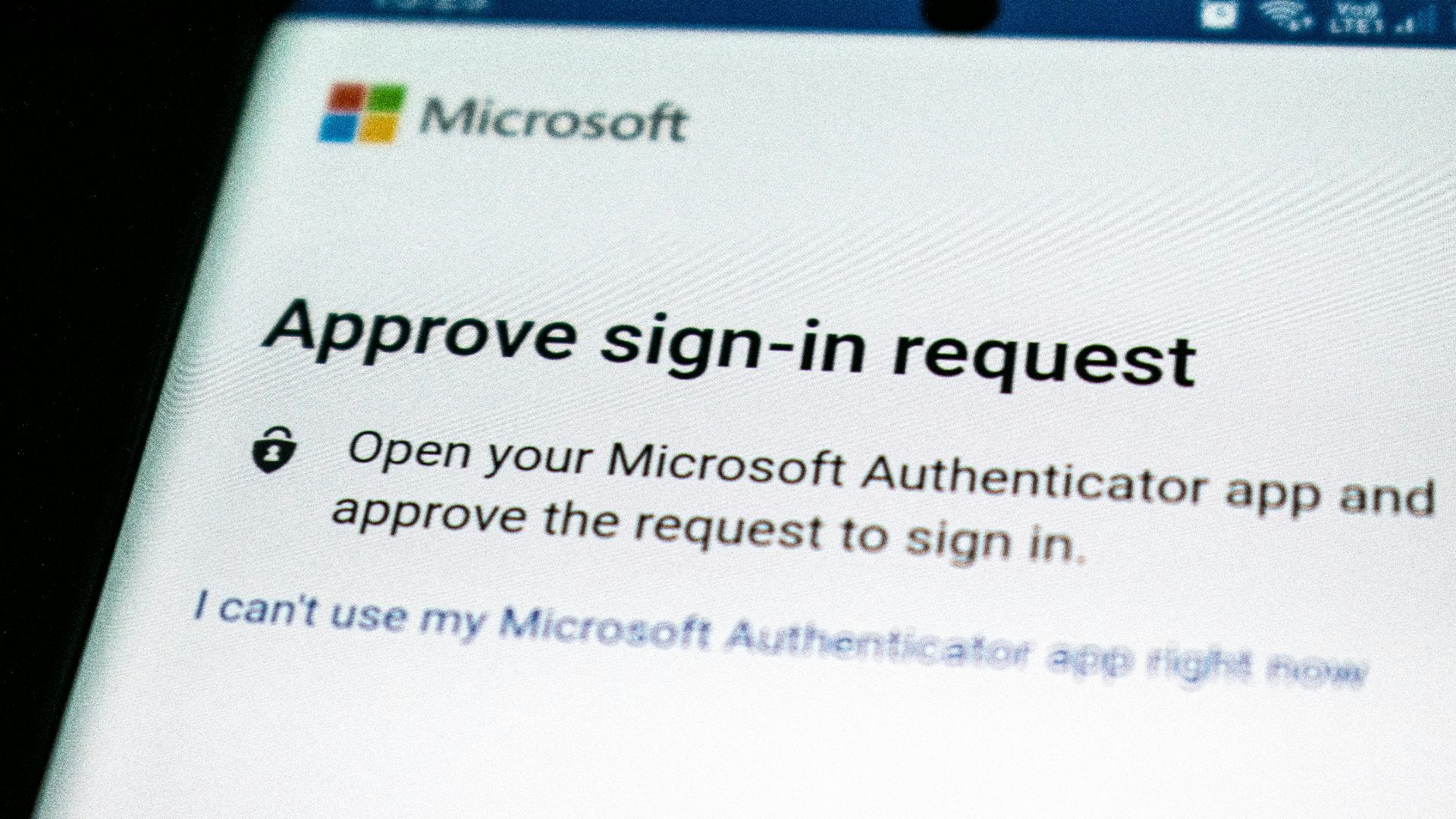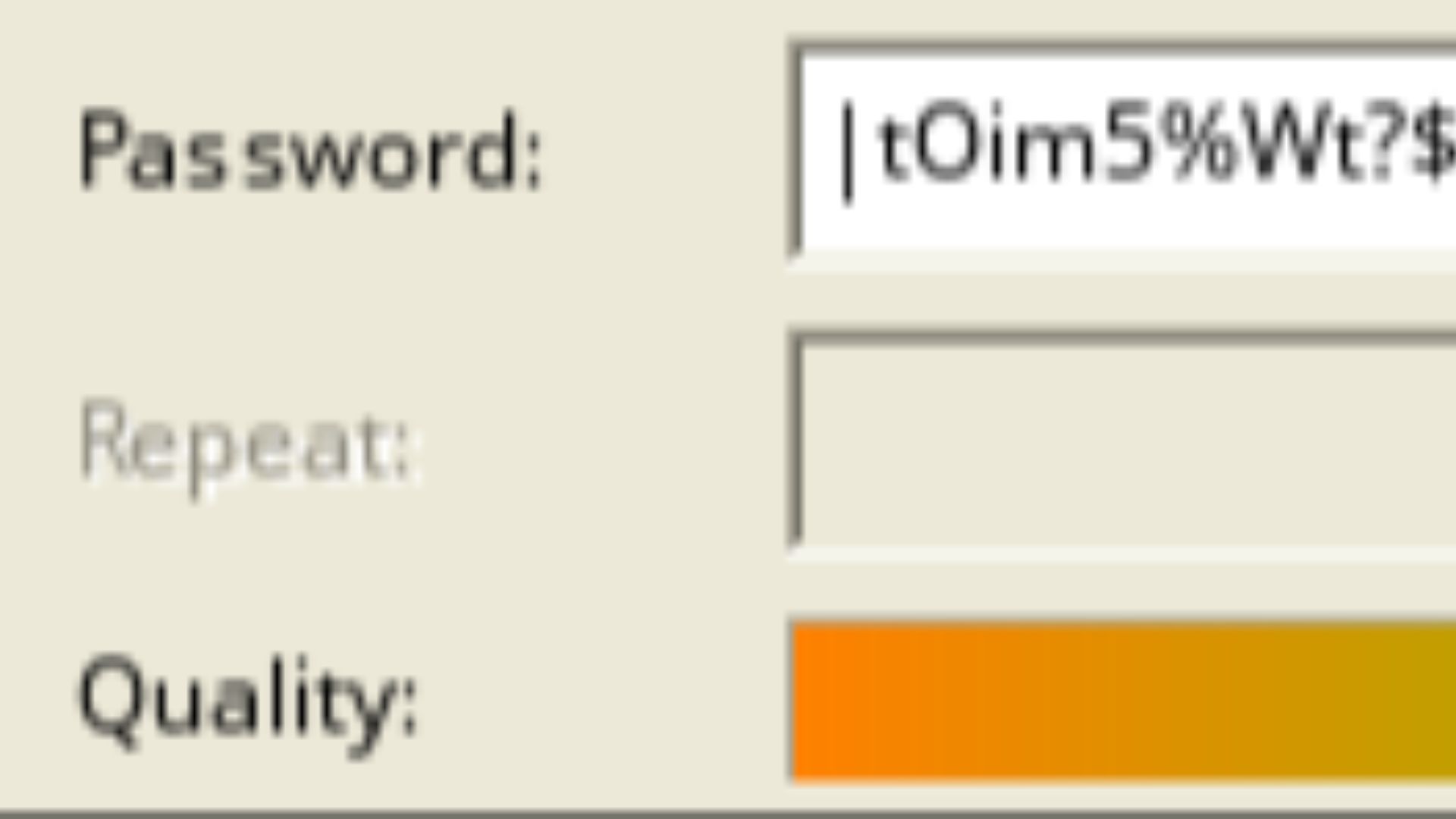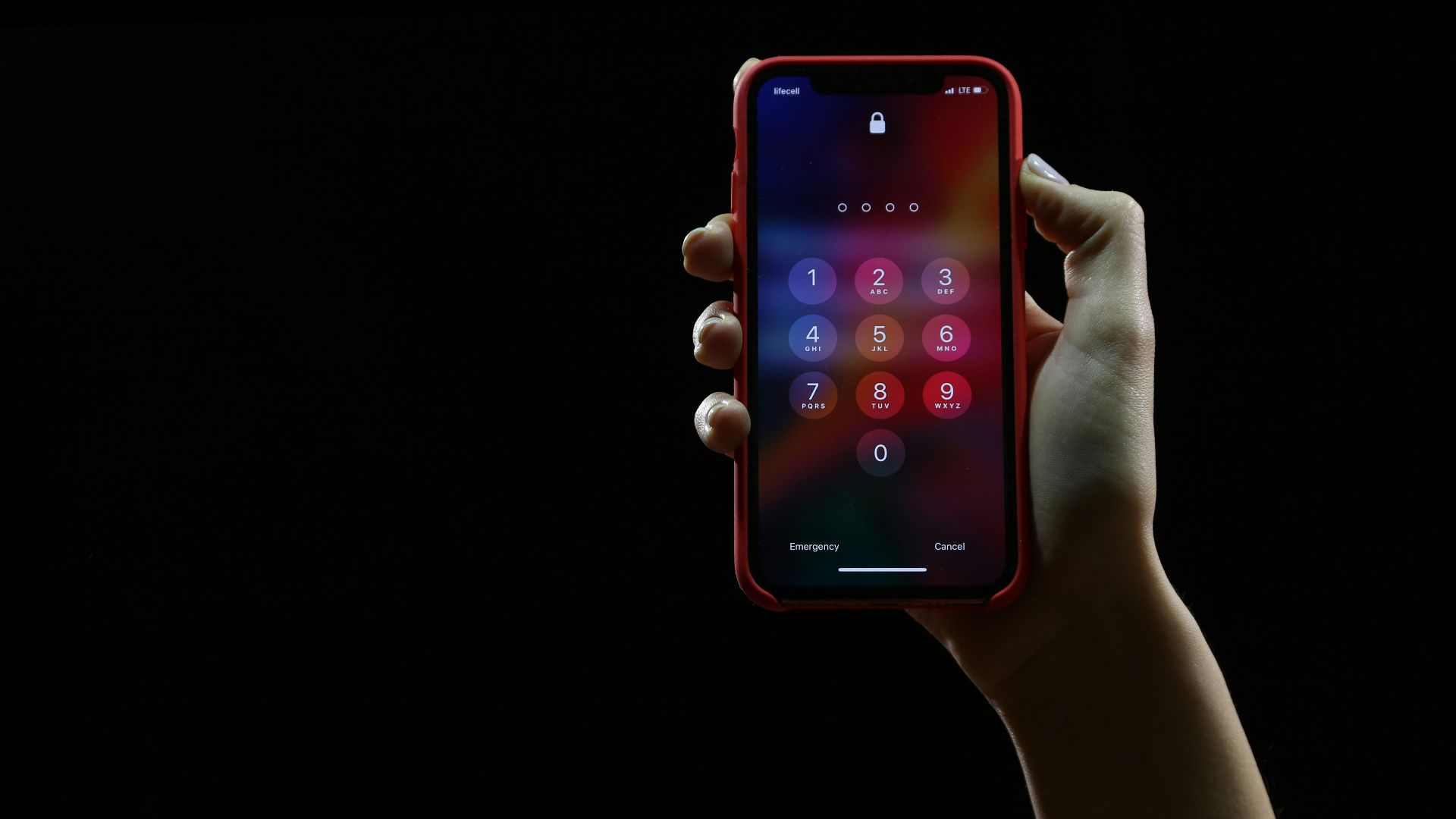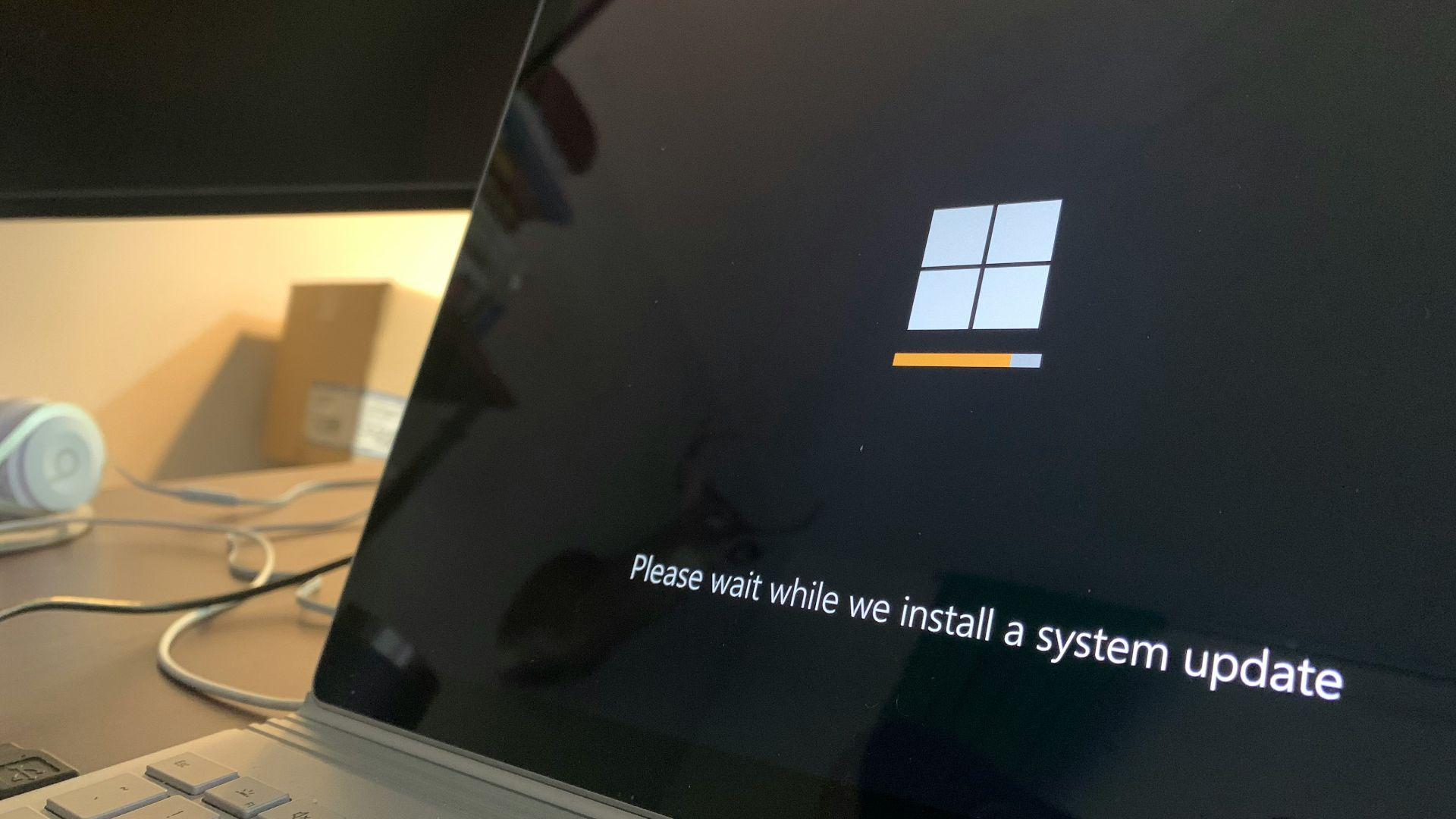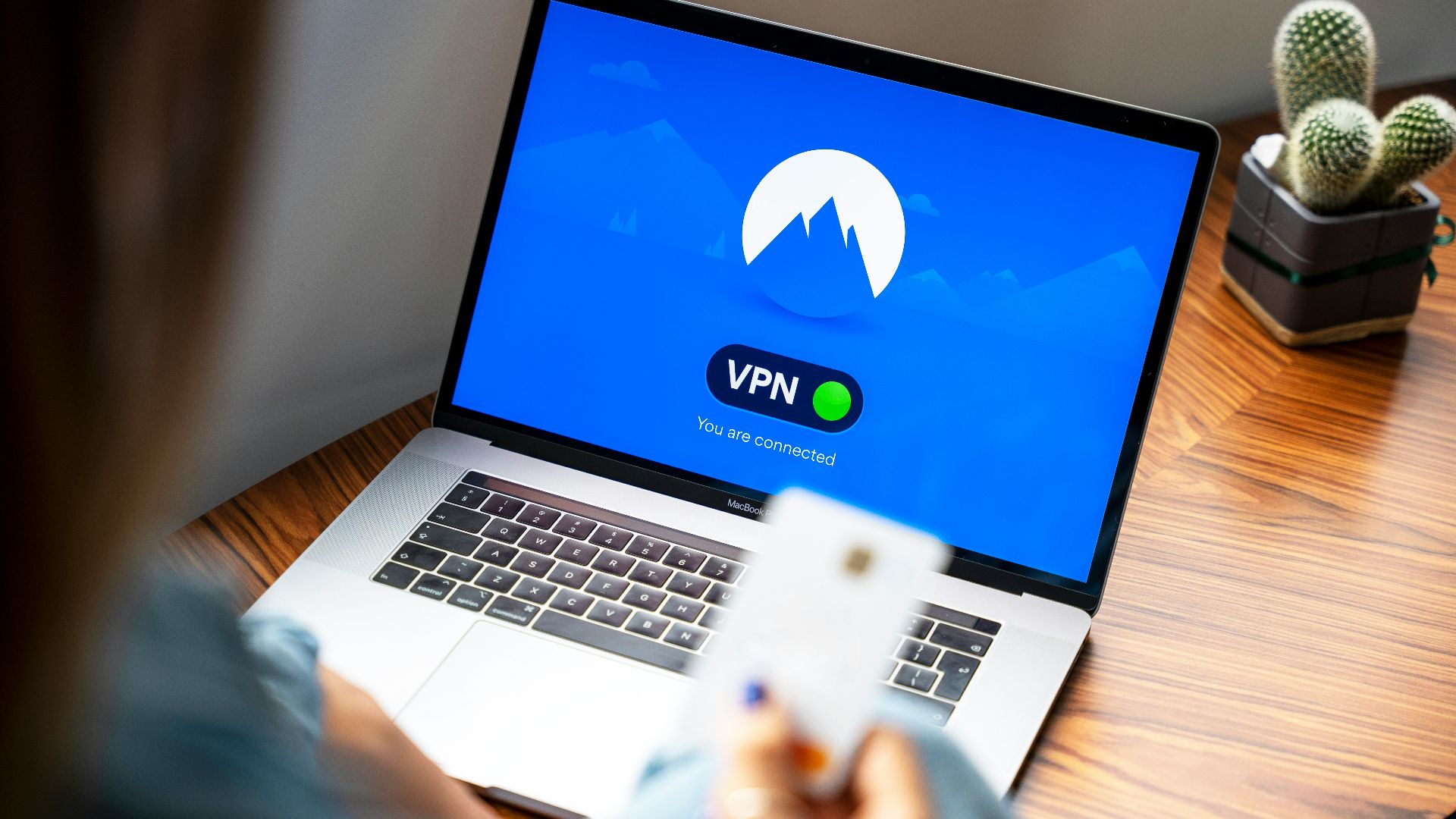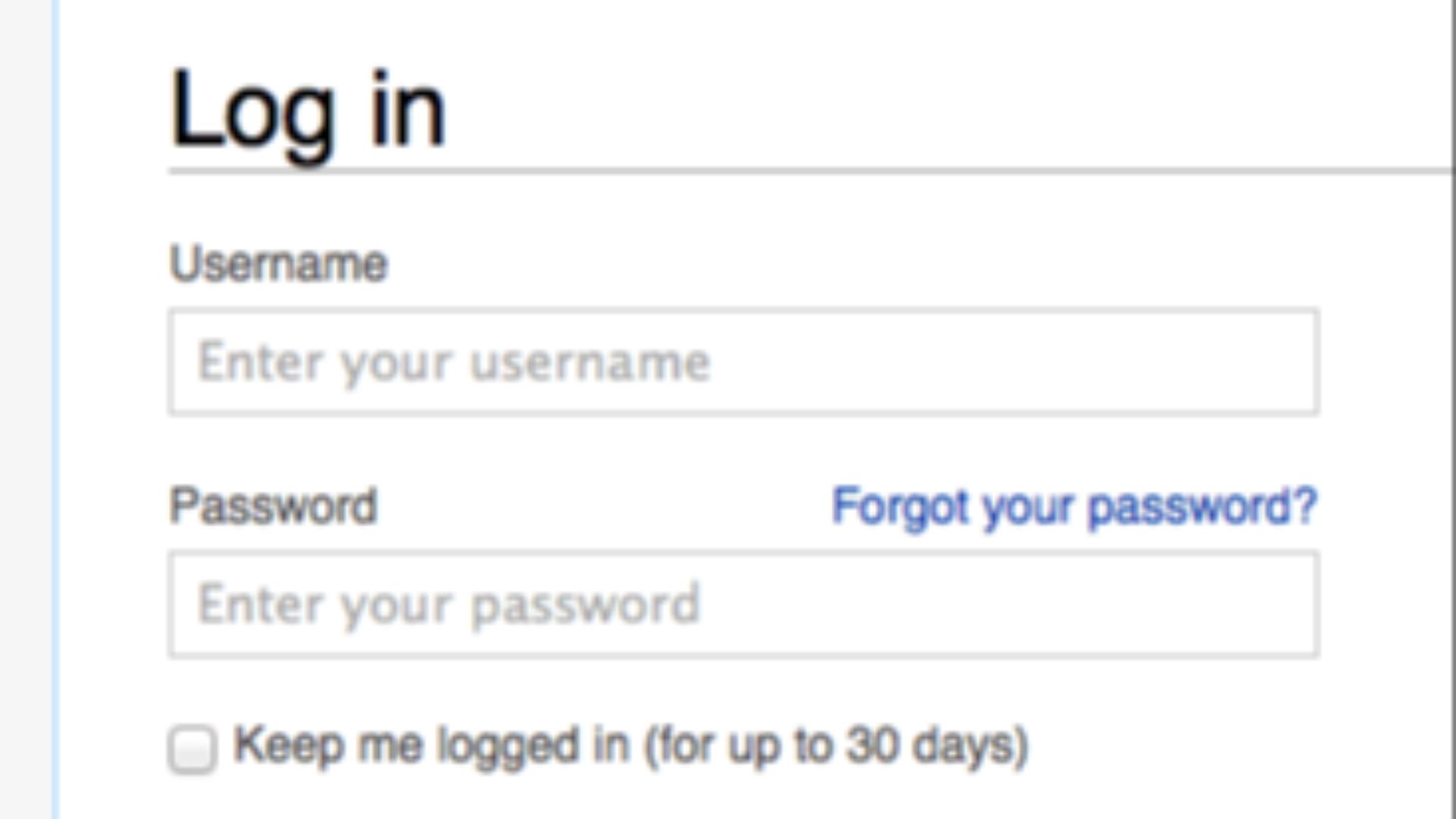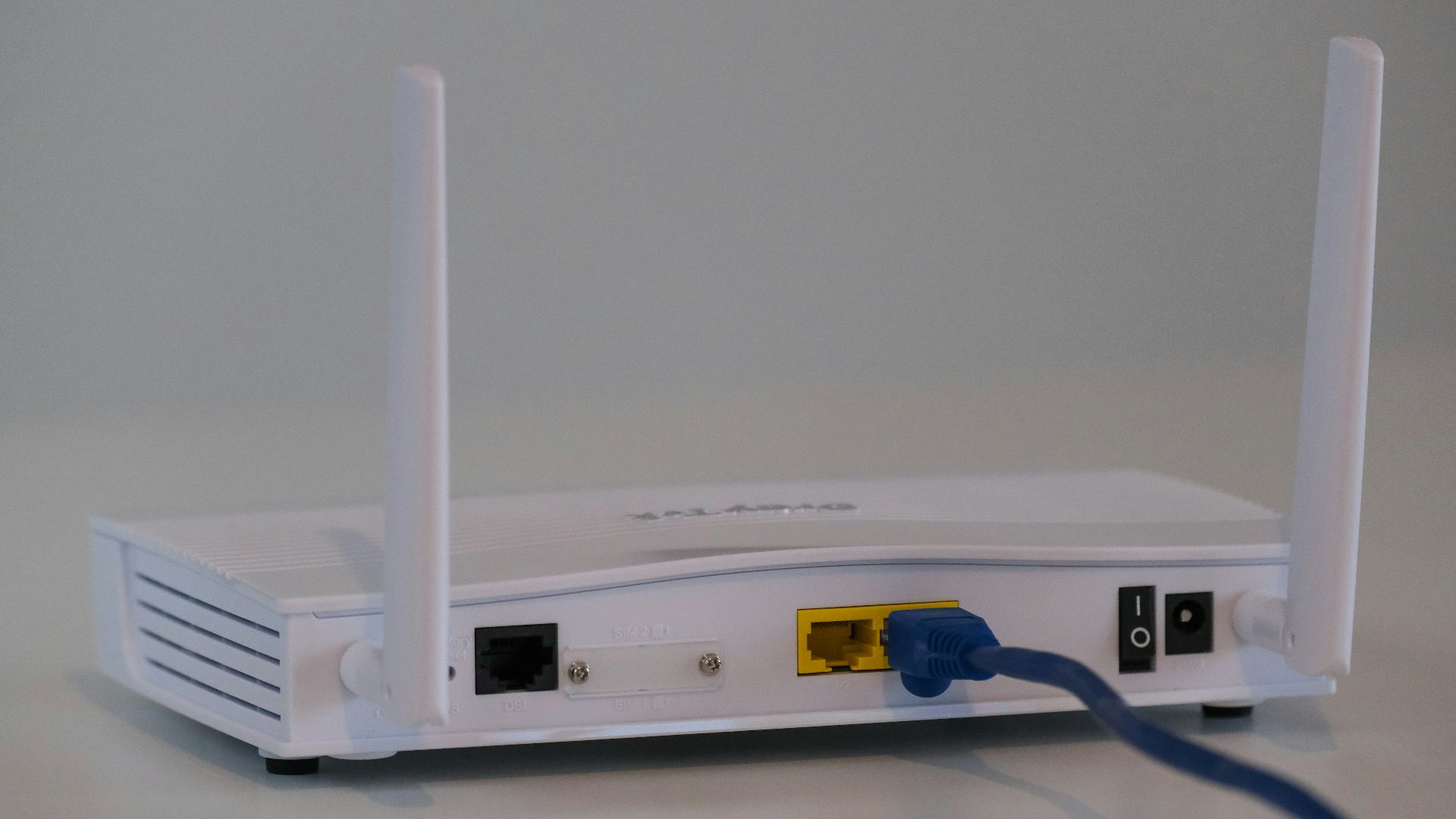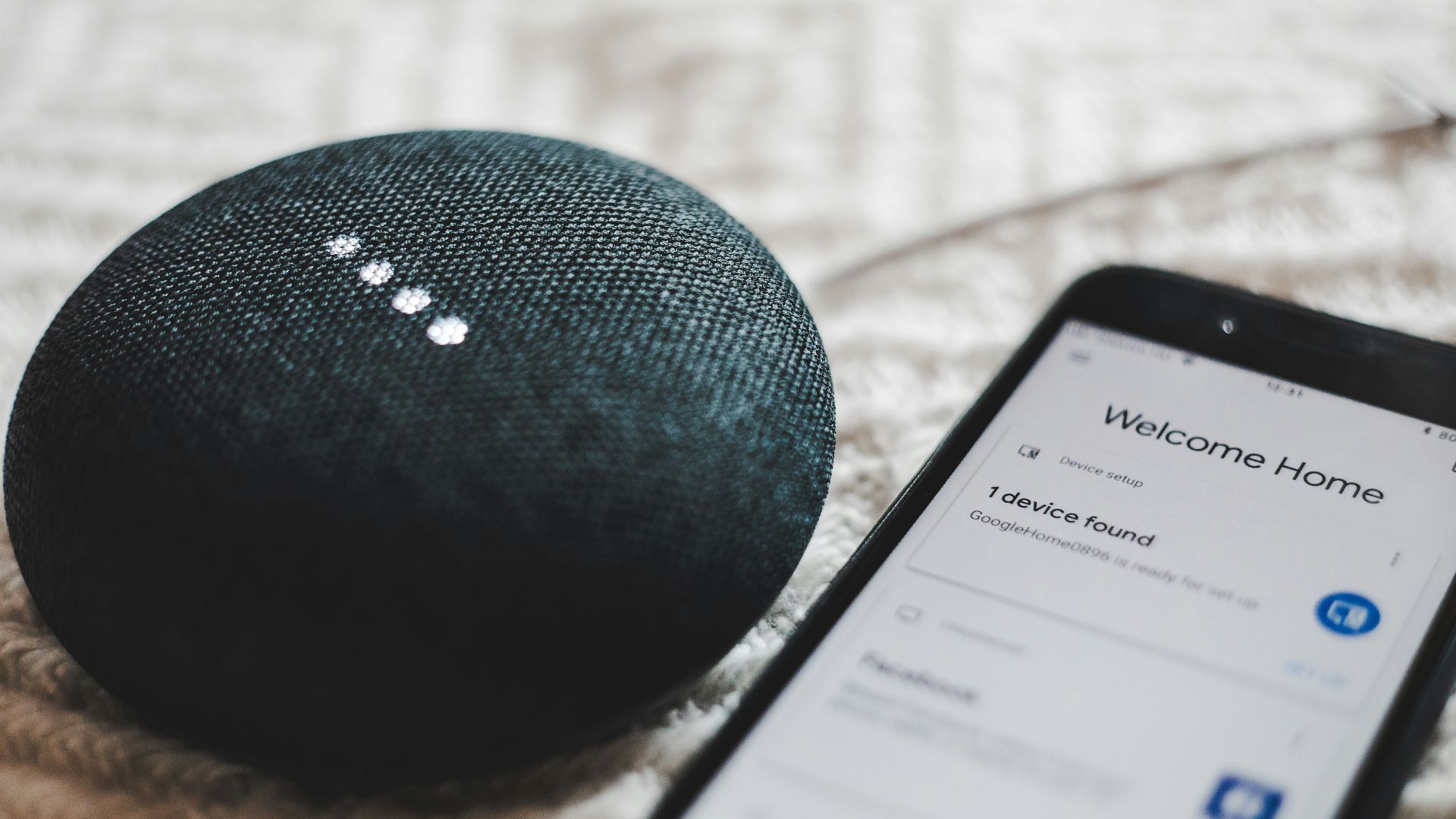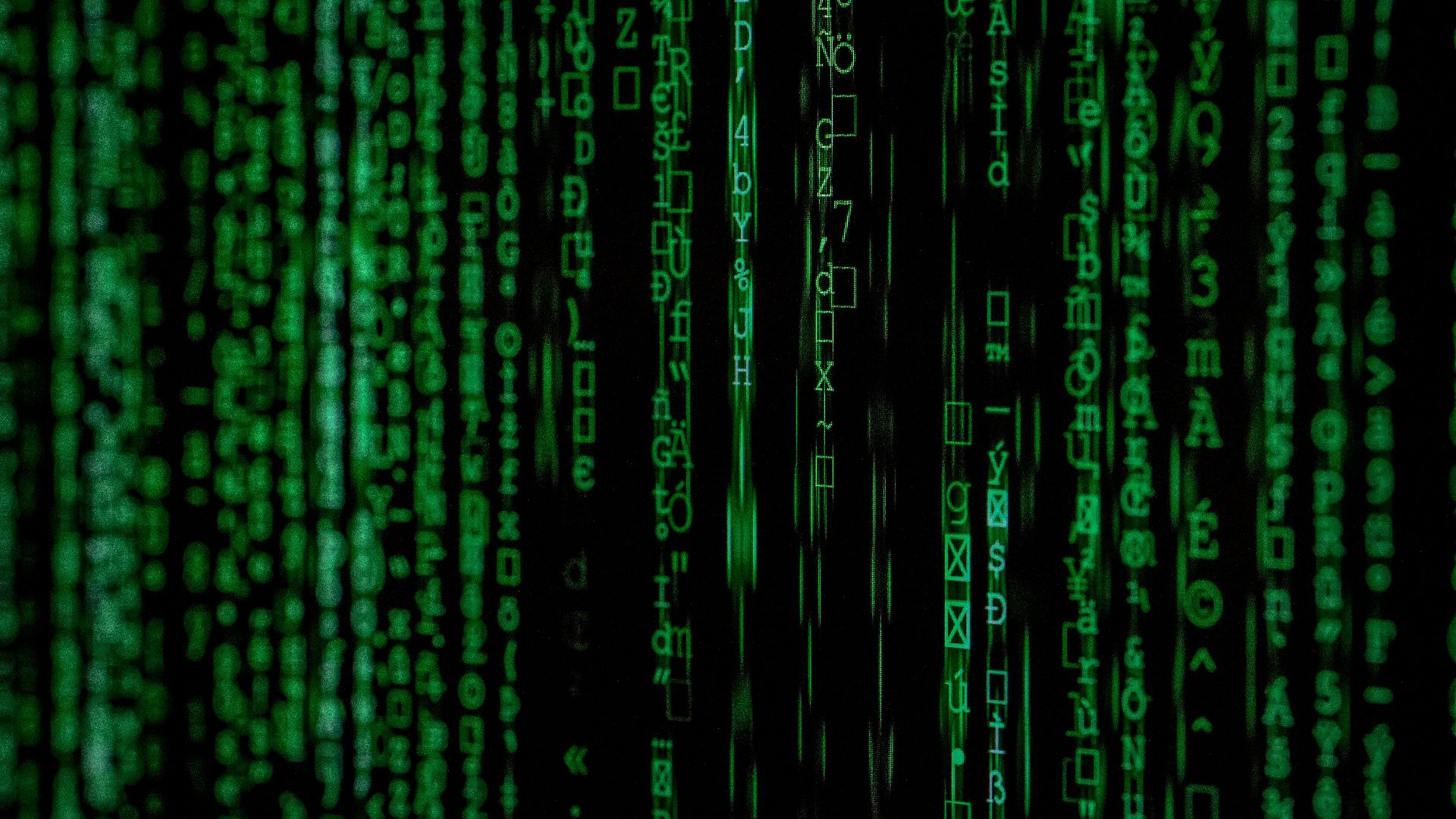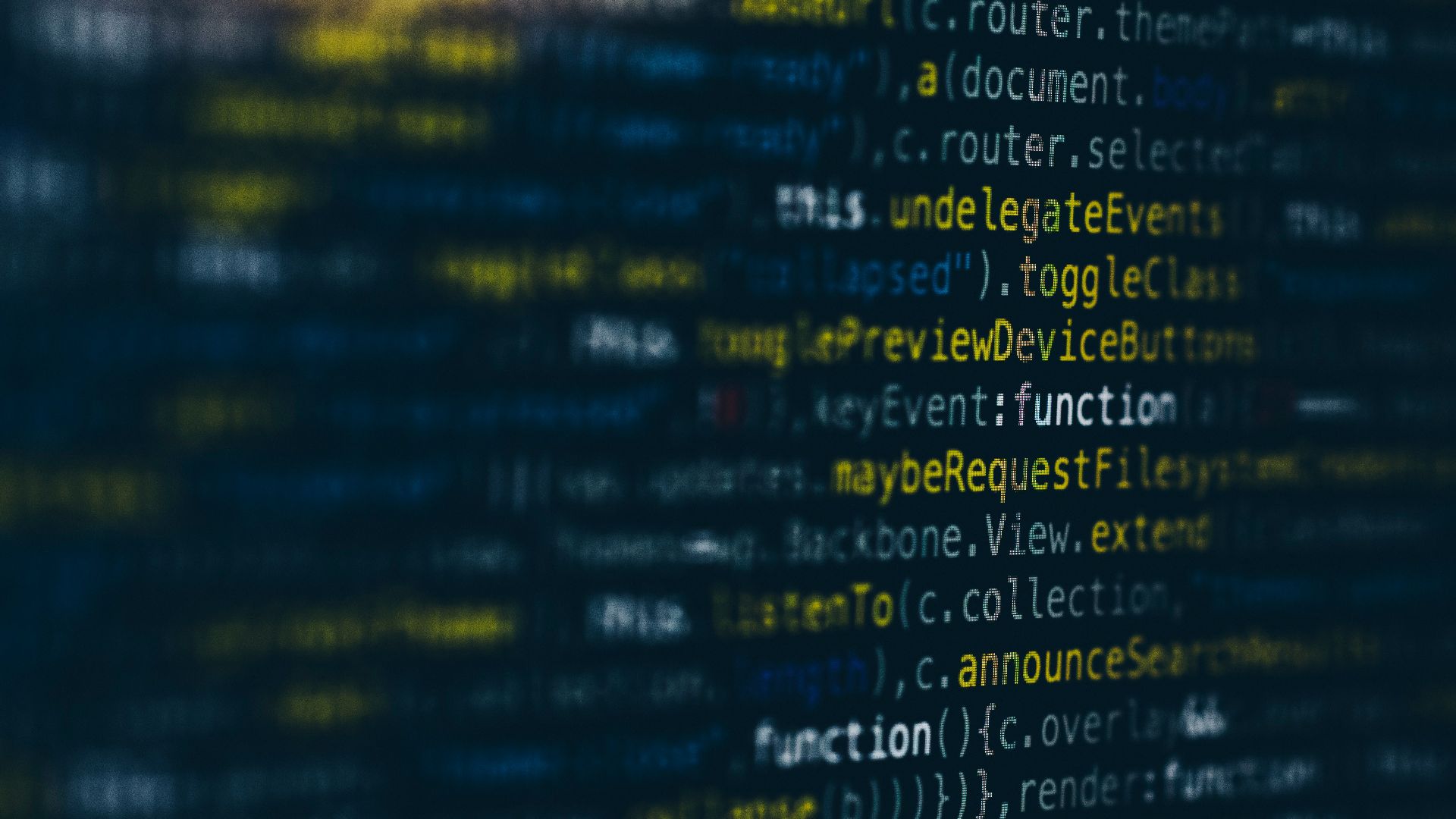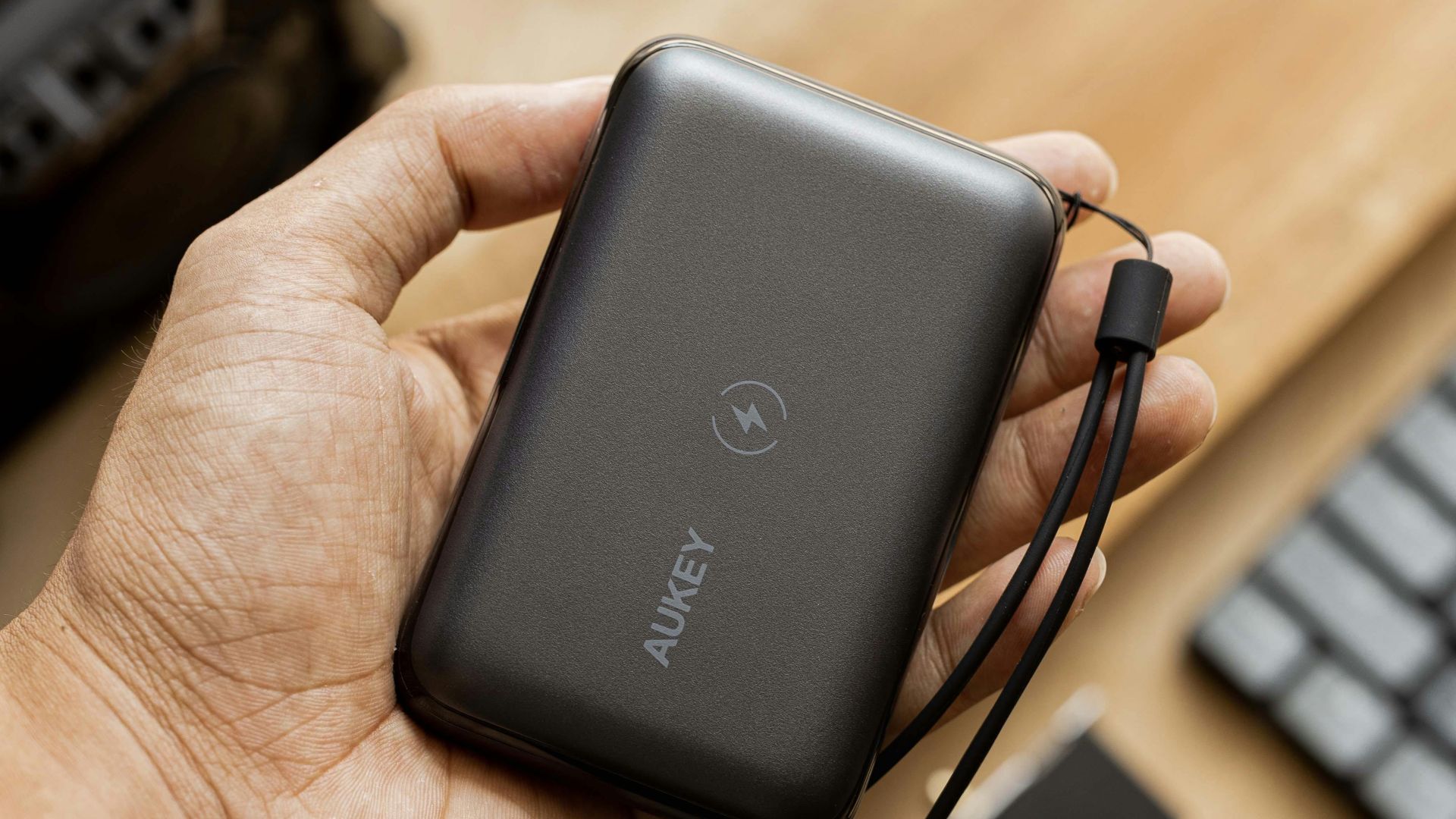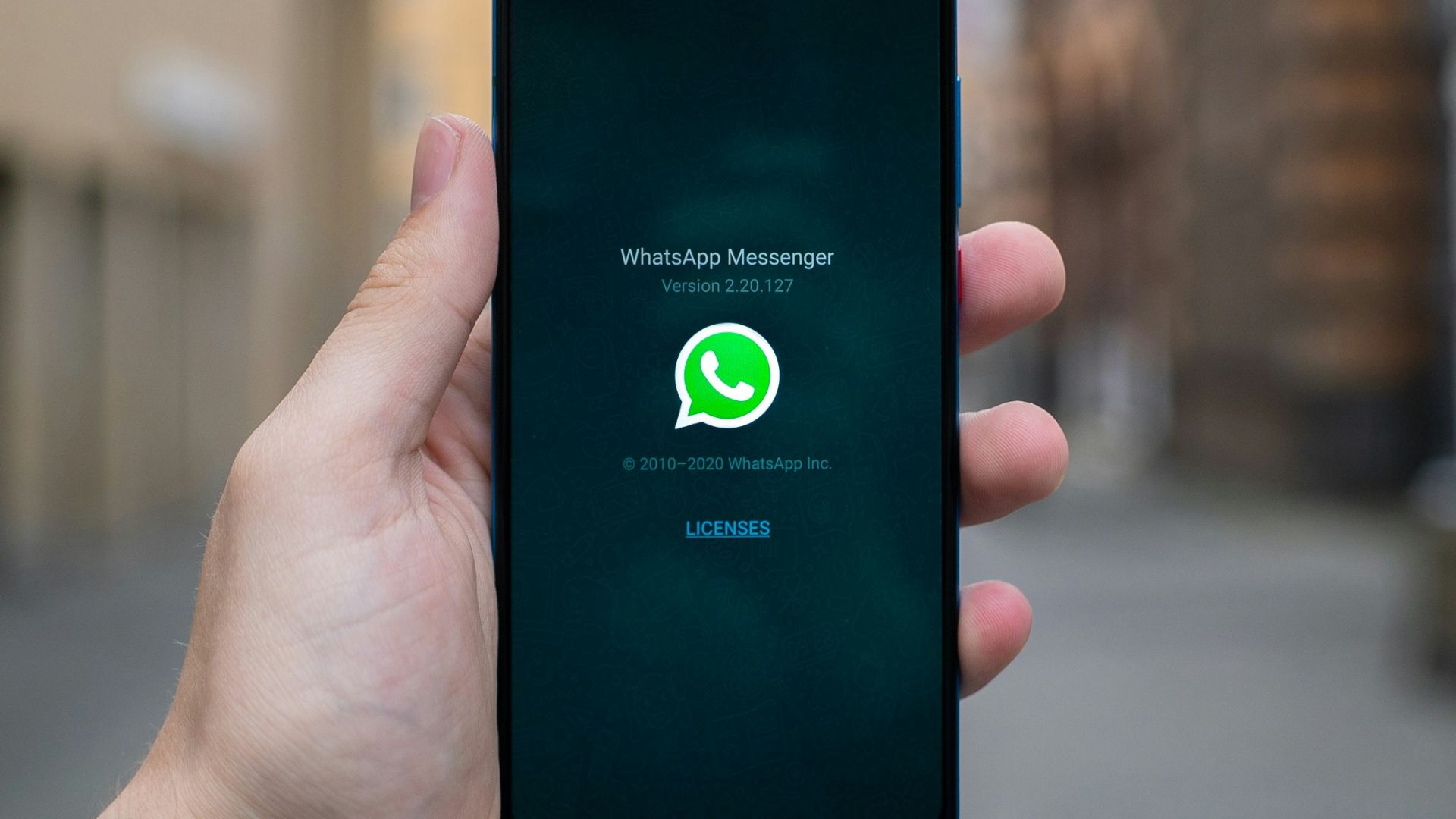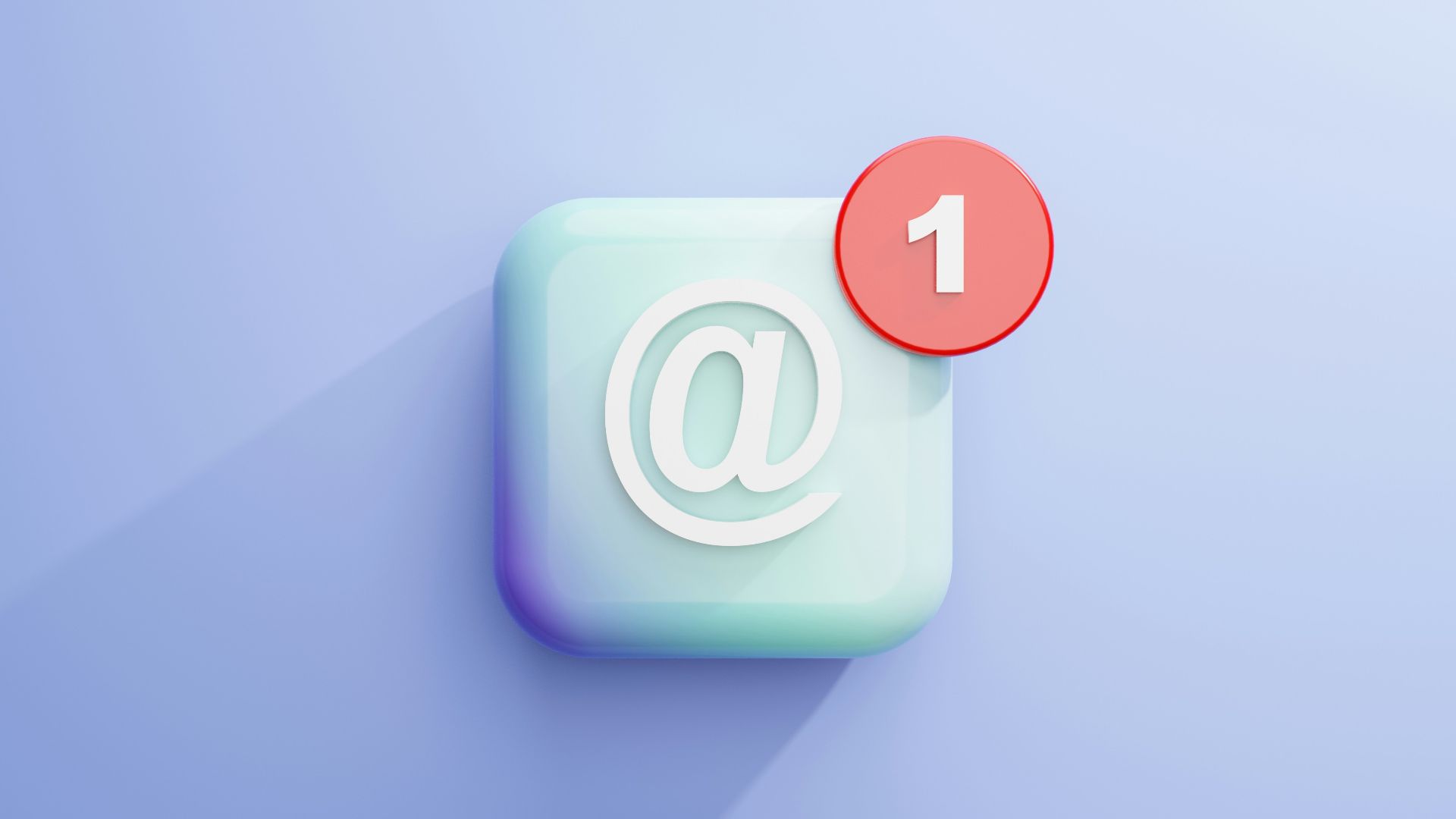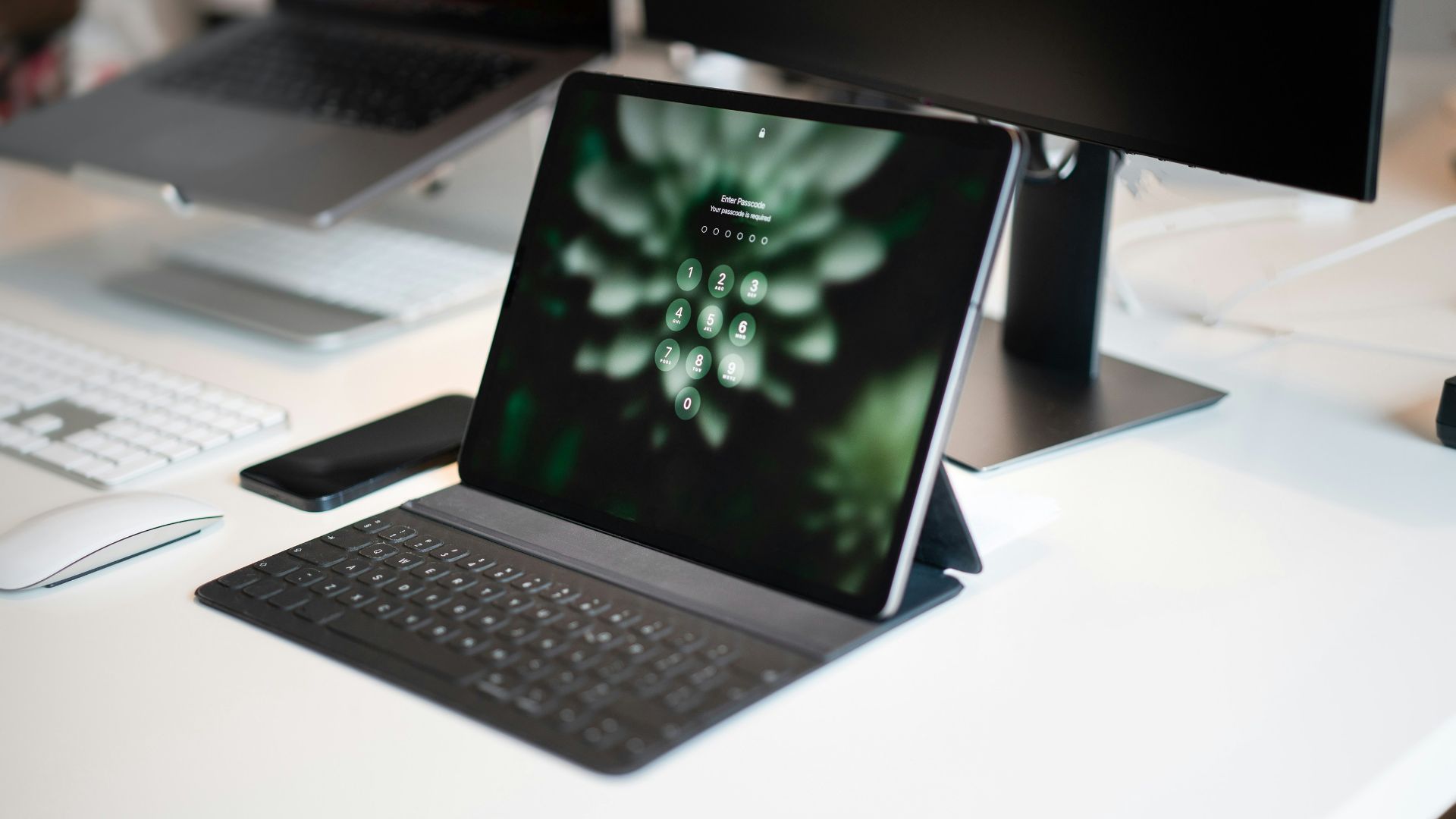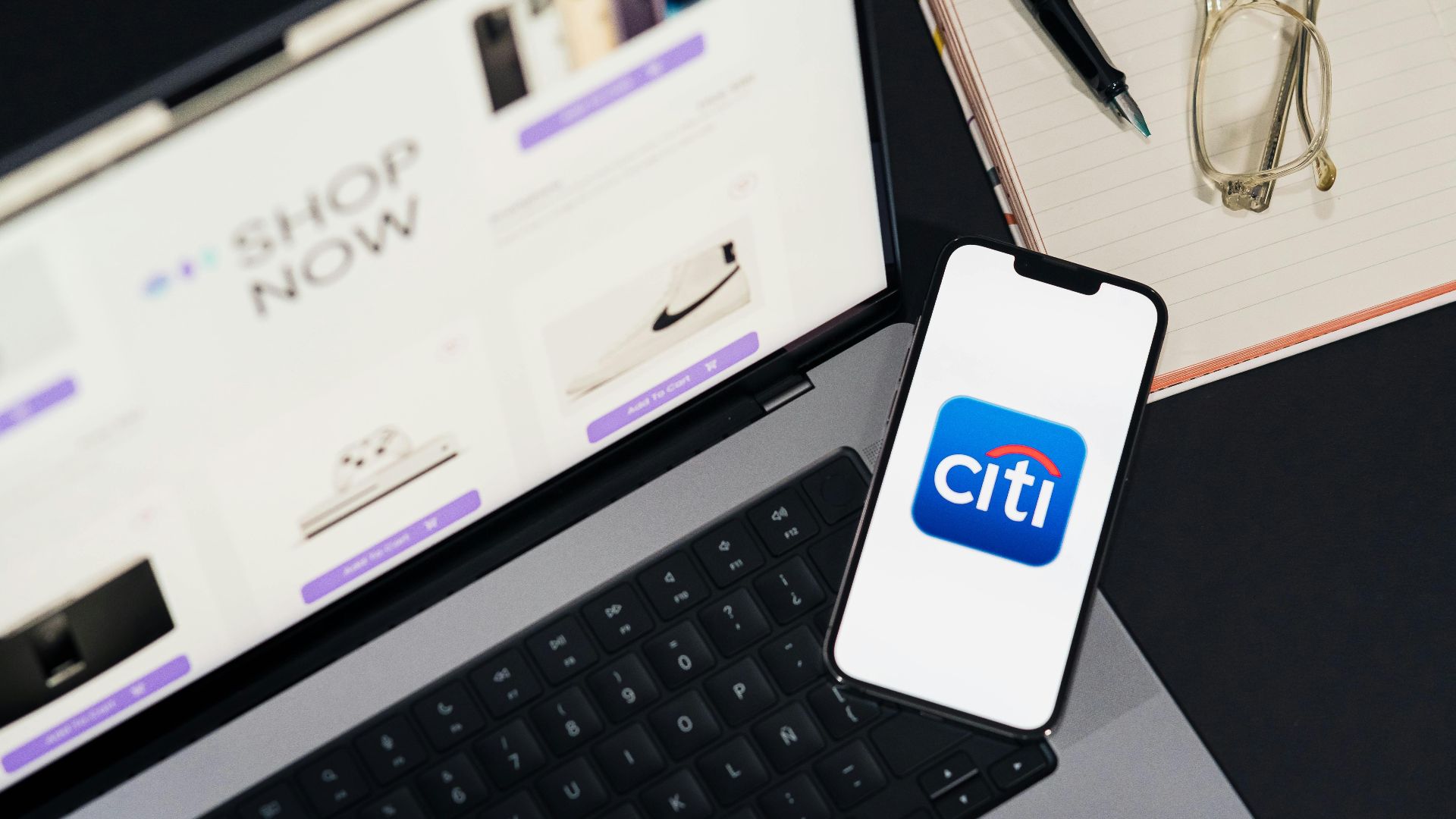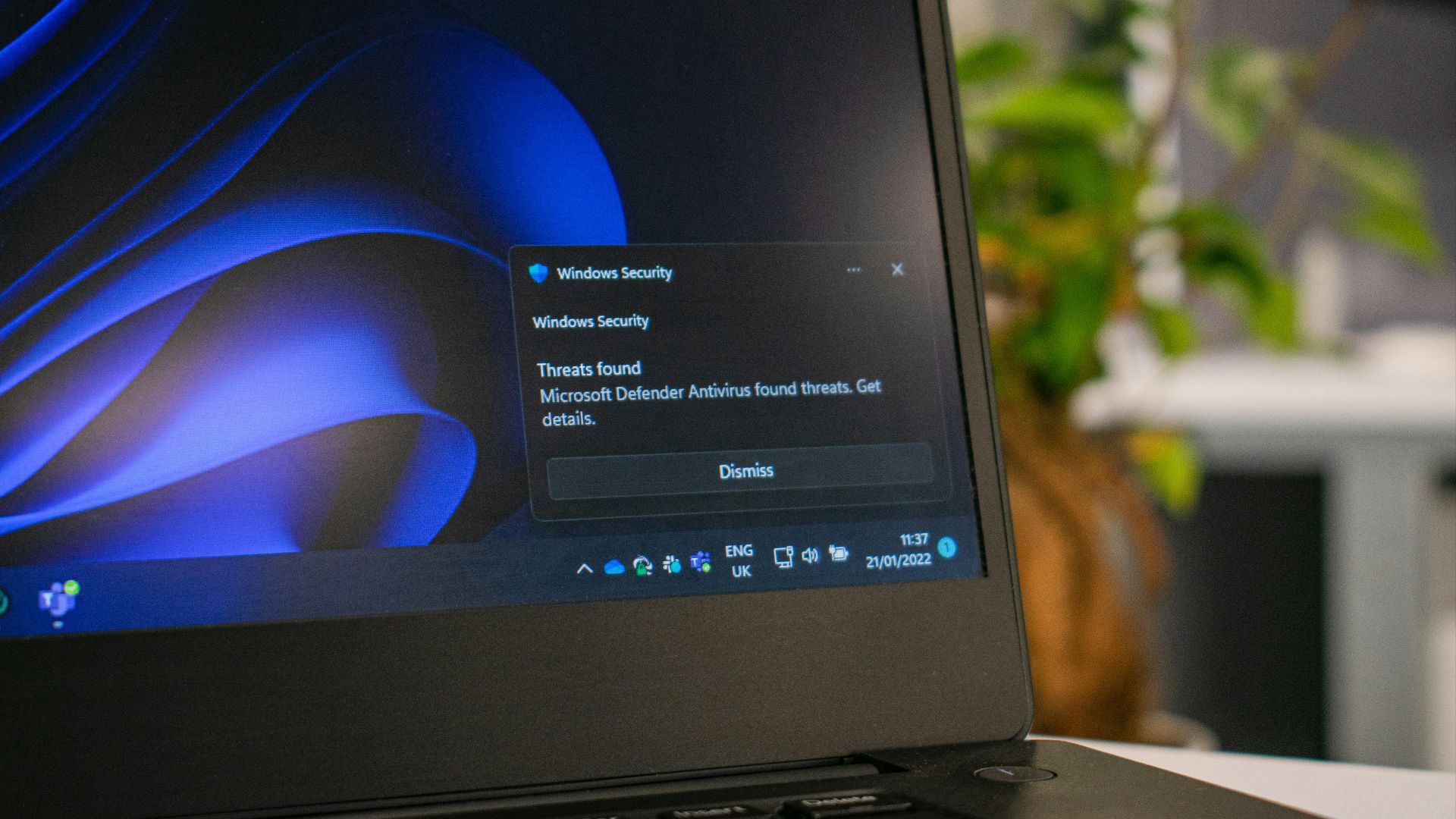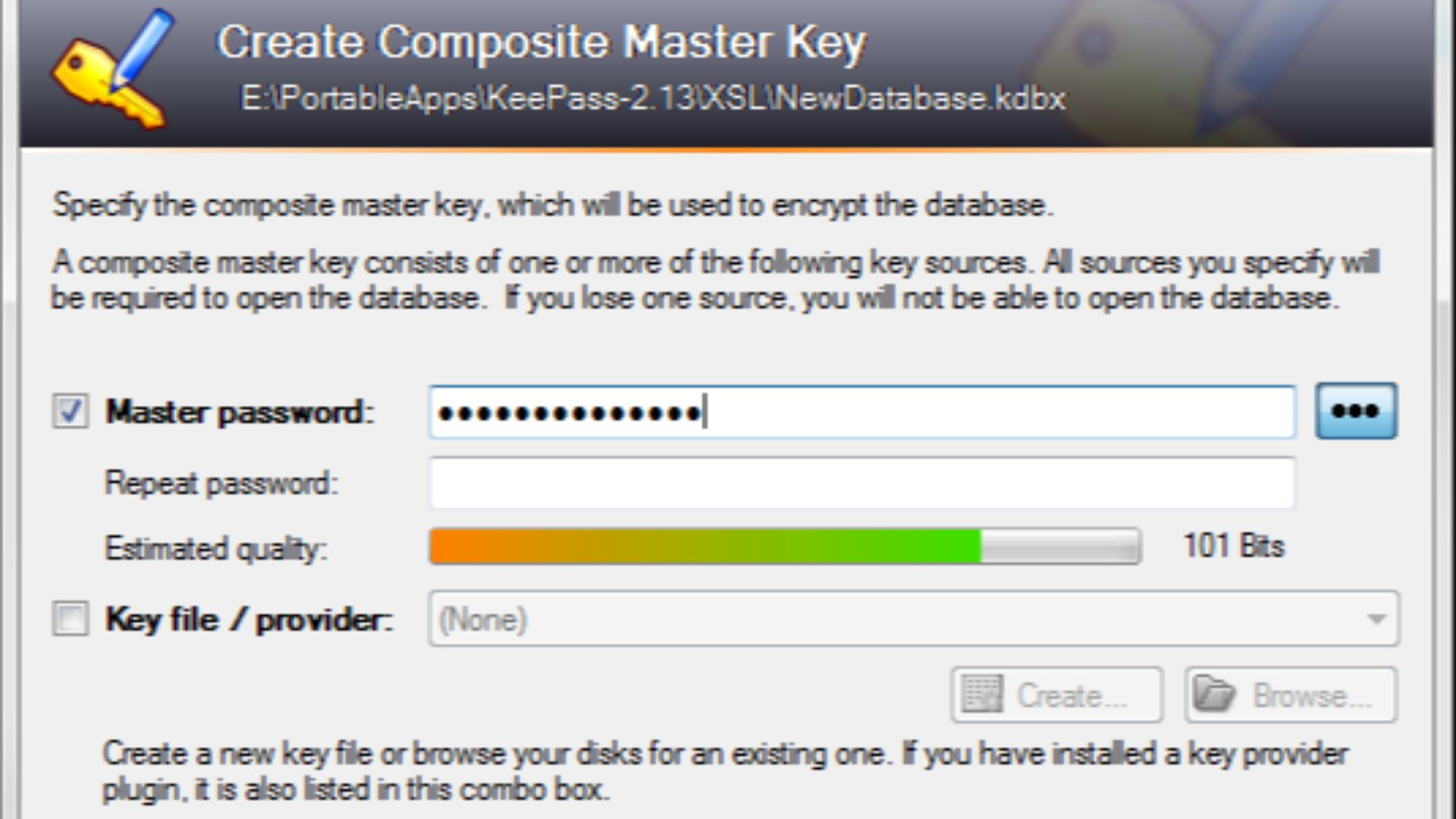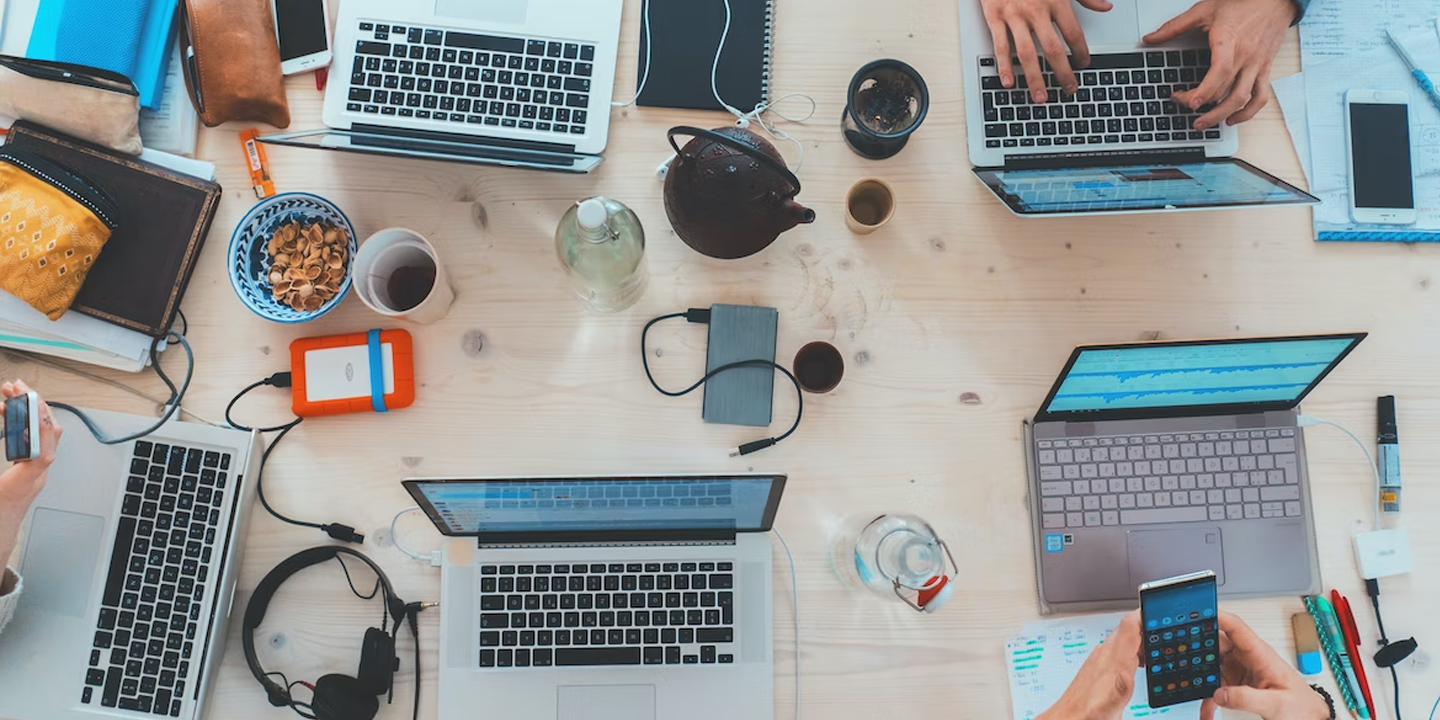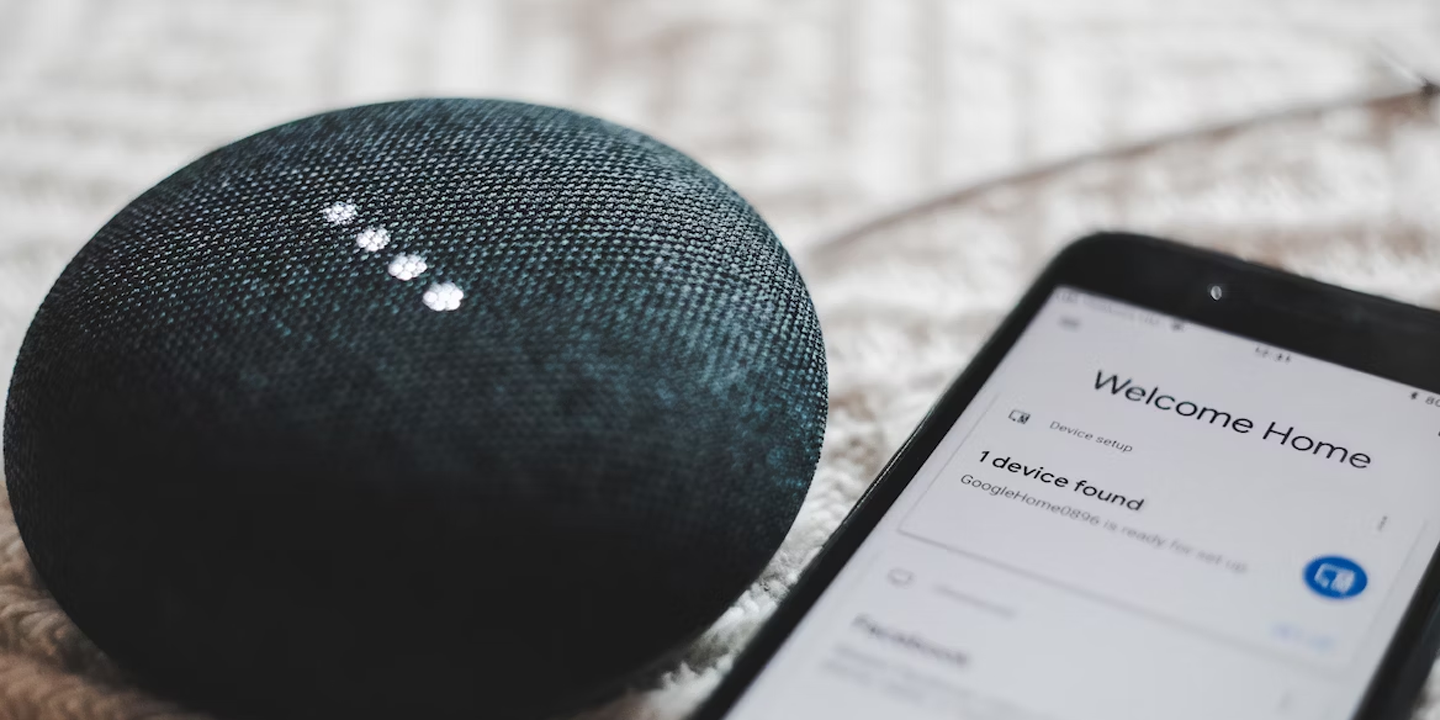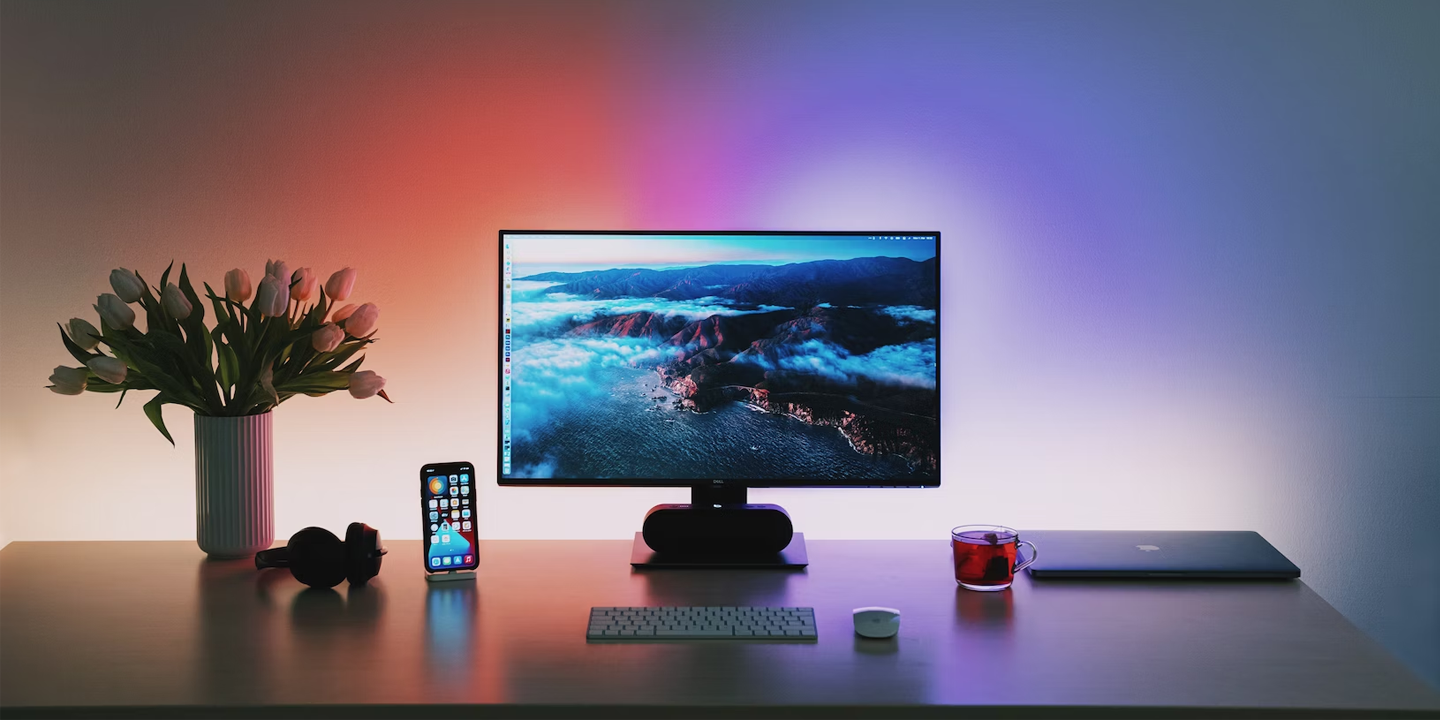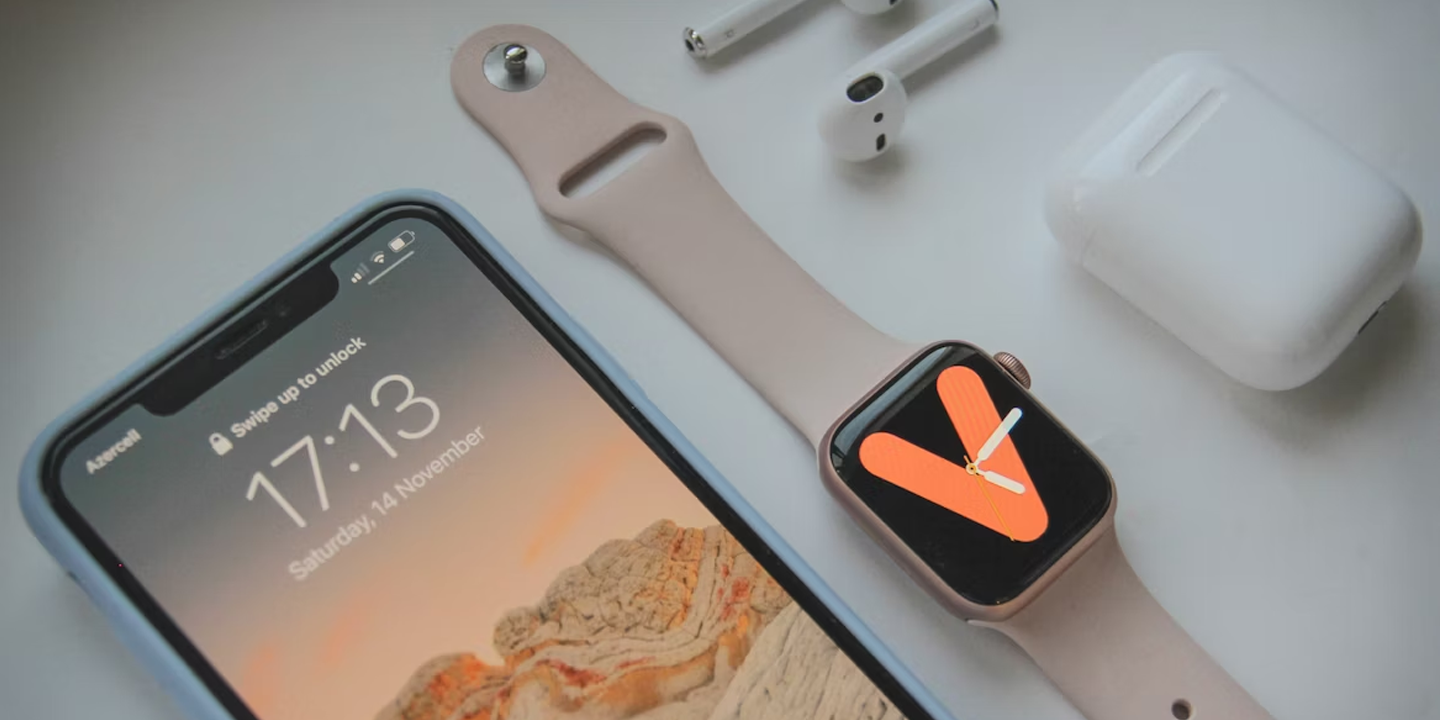20 Cybersecurity Tips You Should Actually Pay Attention To To Avoid Being Hacked
Stay One Step Ahead
As technology evolves, so does crime. As we put increasingly more of our information online, cybersecurity threats are more rampant than ever. But luckily, just as hackers become more sophisticated, so do developers and the software they design to protect you. However, it's up to you to take the necessary steps to protect yourself. Here are 20 cybersecurity tips you should actually pay attention to if you want your sensitive data to stay private.
1. Enable Multi-Factor Authentication
Multi-factor authentication (MFA) requires you to provide two or more types of verification to access an account. This can be a password in addition to a one-time code or biometrics. It makes it much harder for a hacker to access your account.
2. Use Strong Passwords
Don't choose lazy, easy-to-guess passwords for important accounts. Use a password generator or get creative to come up with something secure.
3. Don't Use The Same Password For Multiple Accounts
Many of us are guilty of using the same password for everything because it's easy for us to remember. However, that only puts all of your accounts at jeopardy the second one of them is hacked. Never use the same password twice.
4. Don't Click On Strange Links From People You Don't Know
If you receive a link that seems suspicious or came from someone you don't know, never click on it. Hackers try to trick you into accessing a link that will expose you to viruses that may put your data at risk.
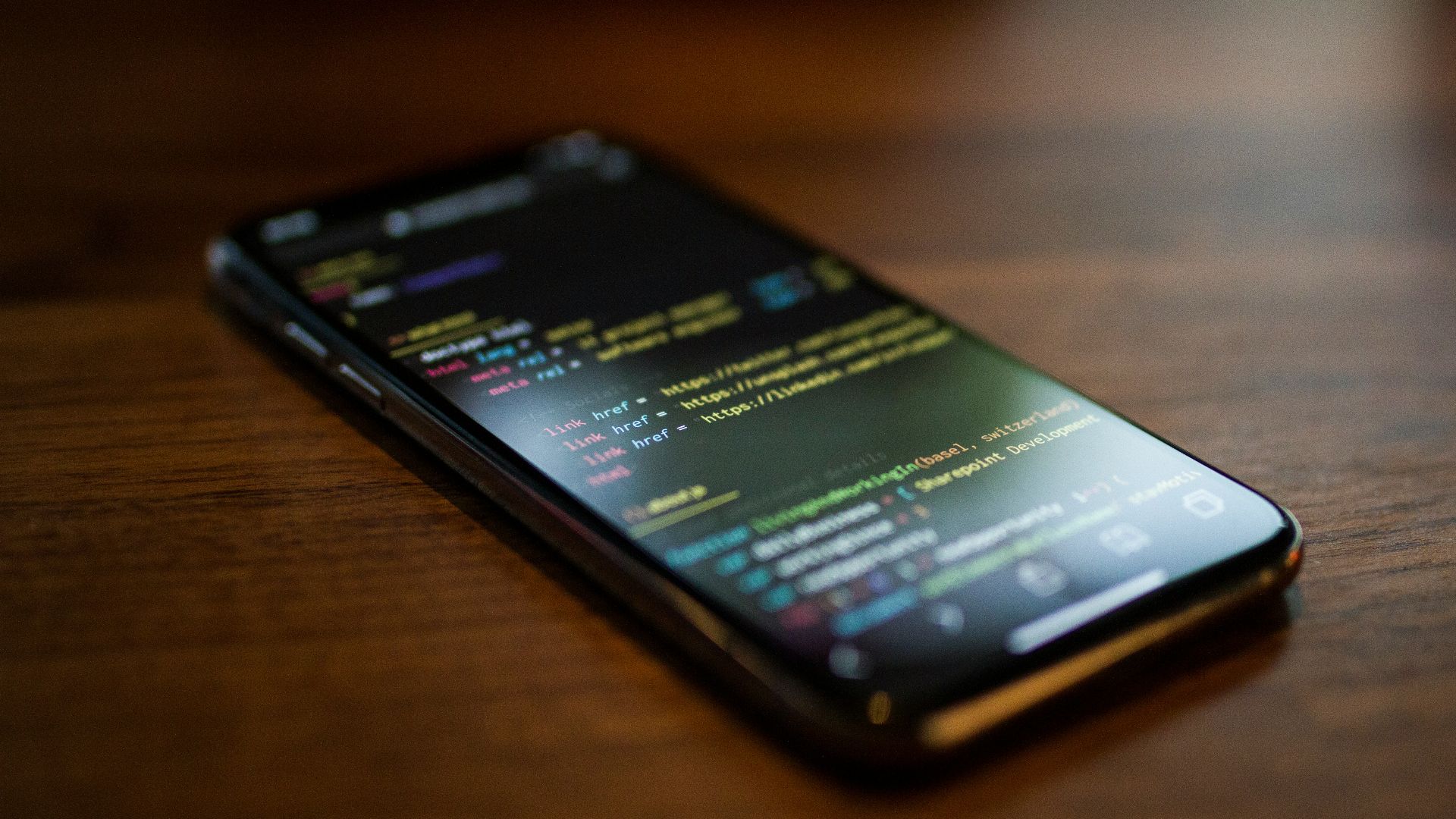 Caspar Camille Rubin on Unsplash
Caspar Camille Rubin on Unsplash
5. Download Available Software Upgrades
With each new software upgrade comes better protection because it's equipped with the latest and greatest security features. Cybersecurity threats are constantly evolving, so staying up to date is a great way to keep on top of them.
6. Use A VPN
VPNs mask your IP address, hiding your online identity and enhancing your privacy. It also creates an encrypted tunnel that protects you from data hackers, especially when you're connected to public Wi-Fi.
7. Always Logout On Shared Devices
Always remember to log out if you're using a shared device or public computer. Otherwise, anyone can access your account and wreak havoc.
8. Upgrade Router Firmware
Hackers exploit security vulnerabilities to access your network and steal data. Keeping your router's firmware updated will help shield you from such threats, as each update aims to address any security holes and stay on top of new threats.
9. Upgrade You Home's Smart Devices
Another way hackers can penetrate your network is through smart devices like Alexa or Google Home. Just like your router, it's important to keep the firmware on these updated to reduce vulnerabilities.
10. Be Careful Where You Online Shop
Only input your credit card information on trusted websites. Only purchase from sites that have that green SSL padlock at the top of the browser, which is designed to keep your data hidden through encryption.
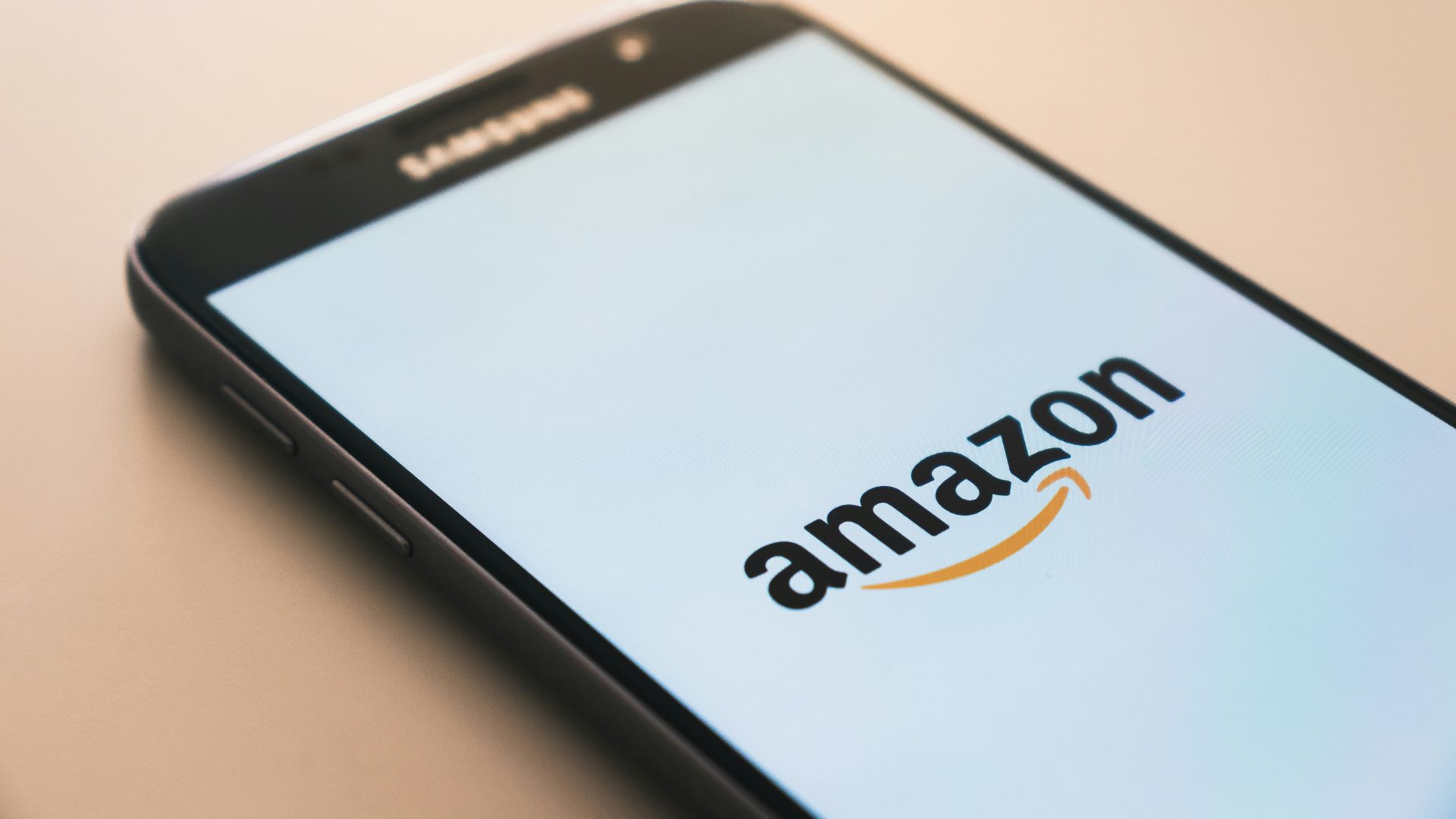 Christian Wiediger on Unsplash
Christian Wiediger on Unsplash
11. Back Up Your Data
Back up all your data through the cloud or on a disk so that you can easily recover it in the event of a breach. The best practice is to have at least two copies saved on different types of media.
12. Encrypt Sensitive Information
Data encryption transforms it into an unreadable code using an algorithm and a key. This ensures sensitive data stays private and protected.
13. Use Secure Connections
Connect to your phone's data or your own Wi-Fi instead of public Wi-Fi to avoid cyberattacks in which hackers intercept your connection and steal your data or infect your device. Hackers sometimes even set up fake Wi-Fi networks to trick you into logging into fake pages with your information.
14. Avoid Public Charging Stations
A common cyberattack called "juice jacking" uses USB ports to install malware or steal data from your devices. The charging stations are legitimate-looking, making them hard to spot, so bring your own power bank and cable.
15. Use Encrypted Messaging Apps
Certain messenger apps, including WhatsApp and Telegram, come with end-to-end encryption. This means that messages are coded with a specific key that only the recipient's device can read, adding a layer of privacy.
16. Beware Of Phishing Emails & Messages
In phishing messages, scammers pose as legitimate institutions, friends, or family members to trick you into giving them sensitive information. These are usually sent over email or text and may include a link that looks real when you click on it.
17. Lock Your Devices
Always opt to have your devices password protected, even if they never leave your home. Given that all your sensitive information is available on your devices, it's a crucial step in protecting yourself from data compromises.
18. Monitor Account Activity
Always keep an eye on your bank accounts for any unusual activity. You can use apps that notify you every time you use your credit card, so you don't have to actively check your accounts.
19. Use Antivirus Software
Antivirus software scans your device and files for suspicious software and tries to remove or stop it. It can also keep an eye on USB drives and other removable devices to filter out anything malicious.
20. Use A Password Manager
Use a password manager so you can create strong passwords without having to remember them. Password managers store them securely for you and autofill when you need them, preventing you from reusing weak passwords, putting your data at risk.



